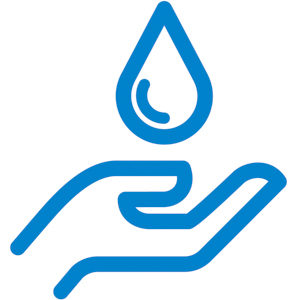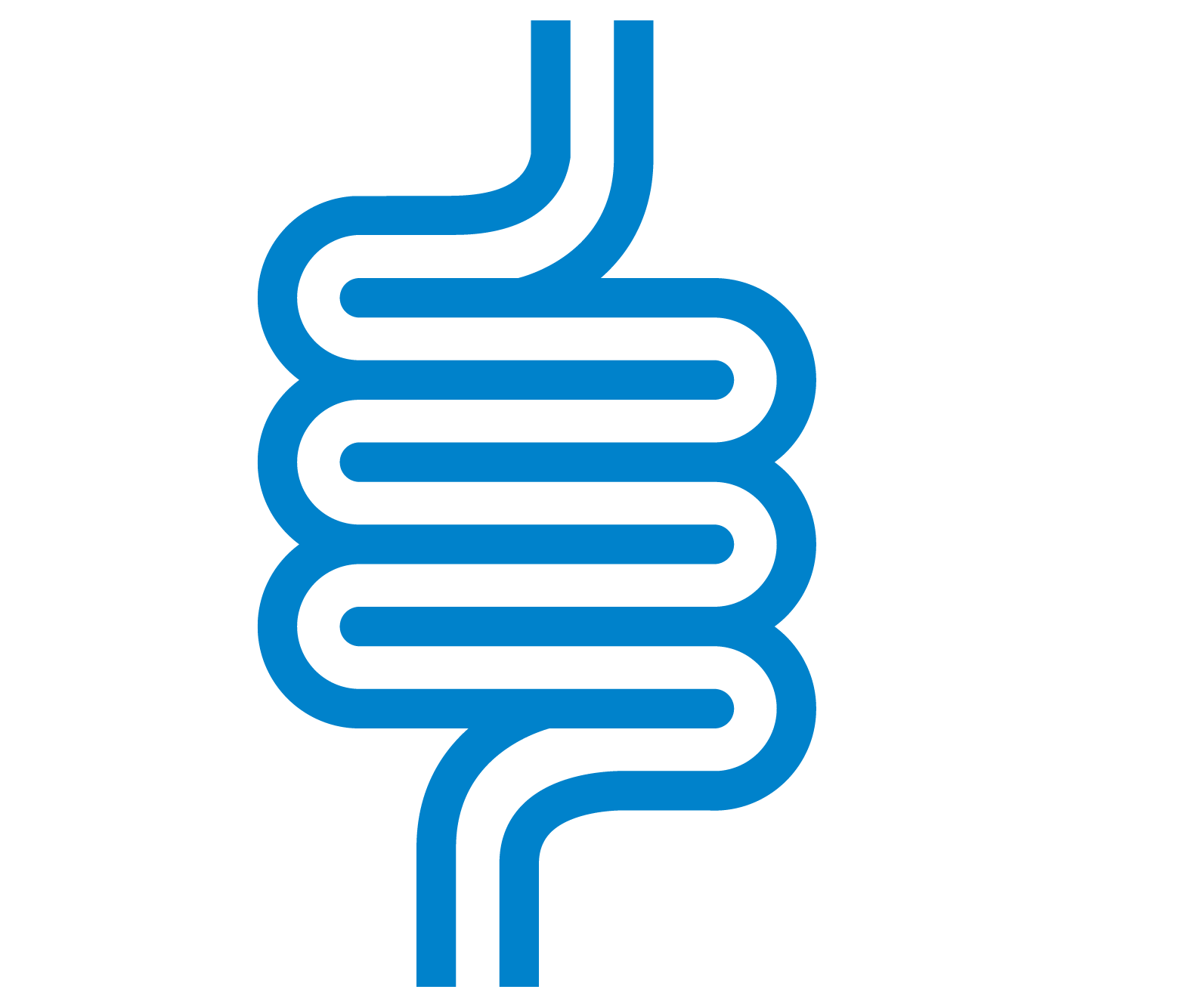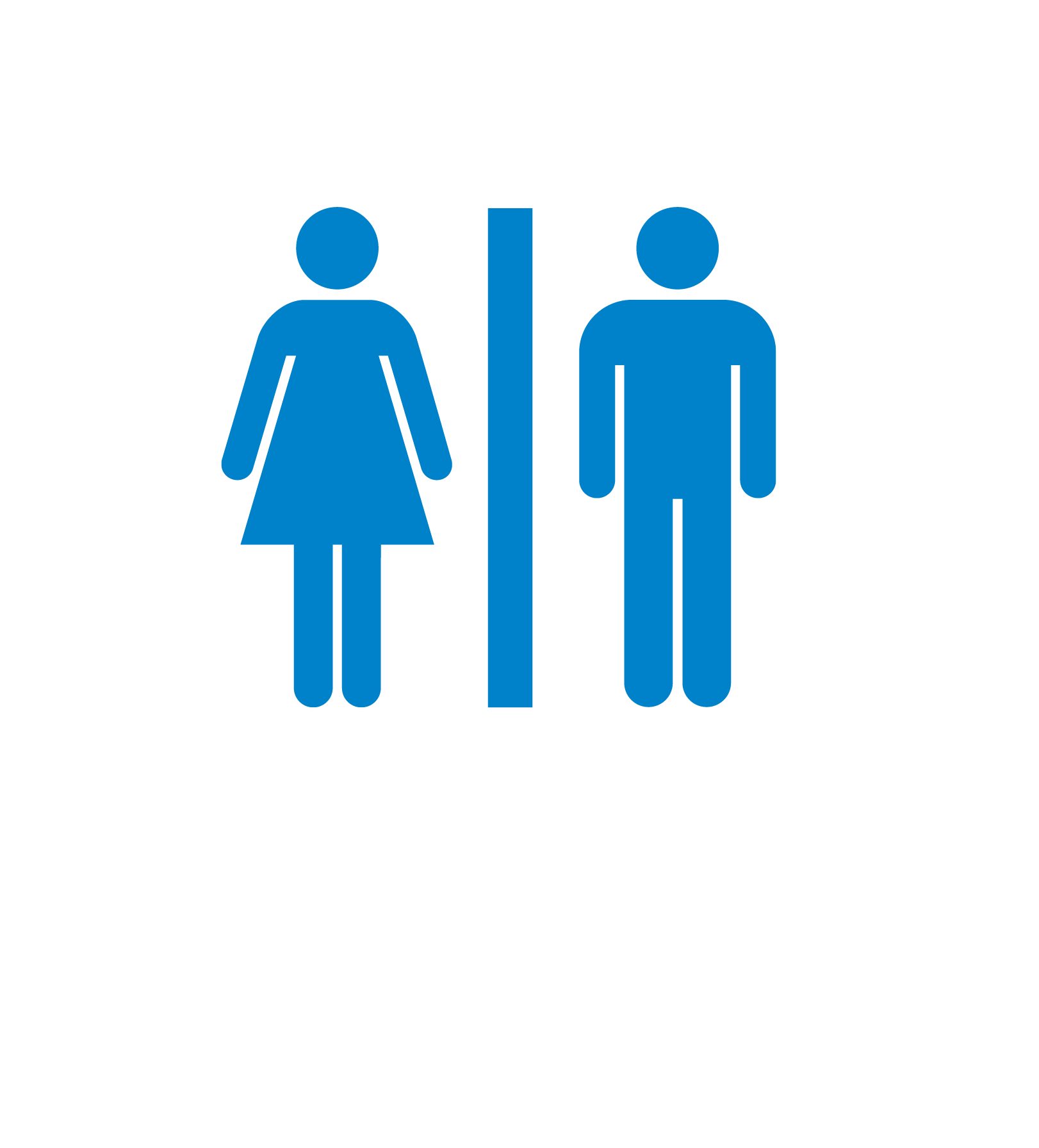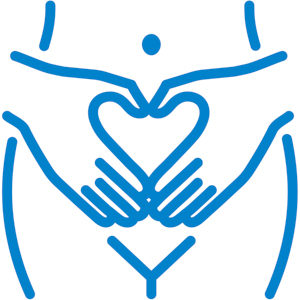Uterine Cancer Treatment Side Effects
Managing side effects of radiation therapy for uterine cancer
You will be receiving radiation therapy treatments to the pelvic area of your body. Some of the possible side effects that you may experience during the treatments can include: skin irritation (especially in the rectal area and skin folds of the groin), abdominal cramping, diarrhea. and urinating more frequently. Occasionally, some people experience some mild nausea. Measures that you can take to minimize these side effects are listed below.
-

Skin Care:
It is okay to bathe or shower daily with a mild soap. Wash the treatment area gently. Do not scrub the skin. If you have ink marks on your skin, please do not wash them off. Gently pat the skin dry.
During the course of your radiation therapy treatments, we ask that you put nothing on the skin in the treatment area except for the products recommended by the physician or nurse. Use moisturizers for dryness and over-the-counter hydrocortisone cream for itchiness. Apply products twice daily or as needed. We do not want the skin “greasy” when you come in for treatment.
Avoid the use of hot or cold in the treatment area. This includes the use of heating pads, hot packs, hot water bottles, ice packs, and ice bags. It is okay to use an electric blanket. Avoid the use of tape or Band-Aids in the treatment area.
-

Sun Exposure:
During treatment, avoid exposing the skin in the treatment area to direct sunlight or tanning beds. If you plan on being in the sun for an extended period, cover the skin with clothing or broad-spectrum sunscreen with an SPF of 30 or higher. The treatment area will always be more sensitive to the sun and tanning beds.
-

Bowel Irritation:
Abdominal cramping, frequent bowel movements, loose stools, gas or diarrhea may occur 2 – 4 weeks after treatments have begun. If you experience the above symptoms, a low-fiber diet is recommended; this involves avoiding fresh fruits and vegetables, whole grains (bran), nuts, and seeds. Your nurse has a written copy of the low-fiber diet instructions. Medication may also be used to relieve these symptoms. Please discuss these symptoms with your doctor or nurse.
-

Urination:
It is not uncommon to develop frequency or burning with urination. It is important to drink at least eight glasses of liquid every day. Medications may also be used to relieve these symptoms.
-

Fatigue:
Loss of energy is a common side effect of radiation therapy. Endurance, stamina, concentration, and motivation may all decreased as a result of fatigue. Conserve your energy and rest when you need to. Eat a well-balanced diet and stay well-hydrated by drinking plenty of water. Exercise such as walking or yoga can improve your energy. Respect your body’s limitations – if you hurt while exercising, stop.
-

Nutrition:
During your course of therapy, it is very important to maintain your weight. We suggest a diet high in protein and healthy fats. Your nurse will be checking your weight frequently. We can suggest food supplements if weight loss occurs. It is not unusual to notice a decrease in appetite during radiation therapy. You will need to make a conscious effort to maintain an adequate calorie intake. Frequent, small meals (every 2-3 hours) may be tolerated better than three large meals a day.
-

Vaginal dilator kit:
Radiation to the pelvis may lead to scar tissue formation along the vaginal canal causing narrowing or tightness. At the completion of your treatments, you will be given a vaginal dilator kit with instructions to help manage this possible side effect.
Radiation to the pelvis may lead to scar tissue formation along the vaginal canal causing narrowing or tightness. At the completion of your treatments, you will be given a vaginal dilator kit with instructions to help manage this possible side effect.
-

Duration
Side effects may worsen the final week of treatment and the week after radiation treatments are completed. Most of these side effects gradually subside within 4-8 weeks after treatment. Please call our office if you have any questions at any time during or after your radiation treatments.
“When I first meet patients, there are a lot of questions about their cancer. ‘What is radiation treatment?’ ‘What could the outcomes be?’ Empowering patients with answers to their questions, so they know exactly what they are facing and that we are treating aggressively to maximize their best possible outcome turns fear into confidence.”
Elana Nack, MD
MRO | Regions
For questions to ask your provider, see our FAQ page.